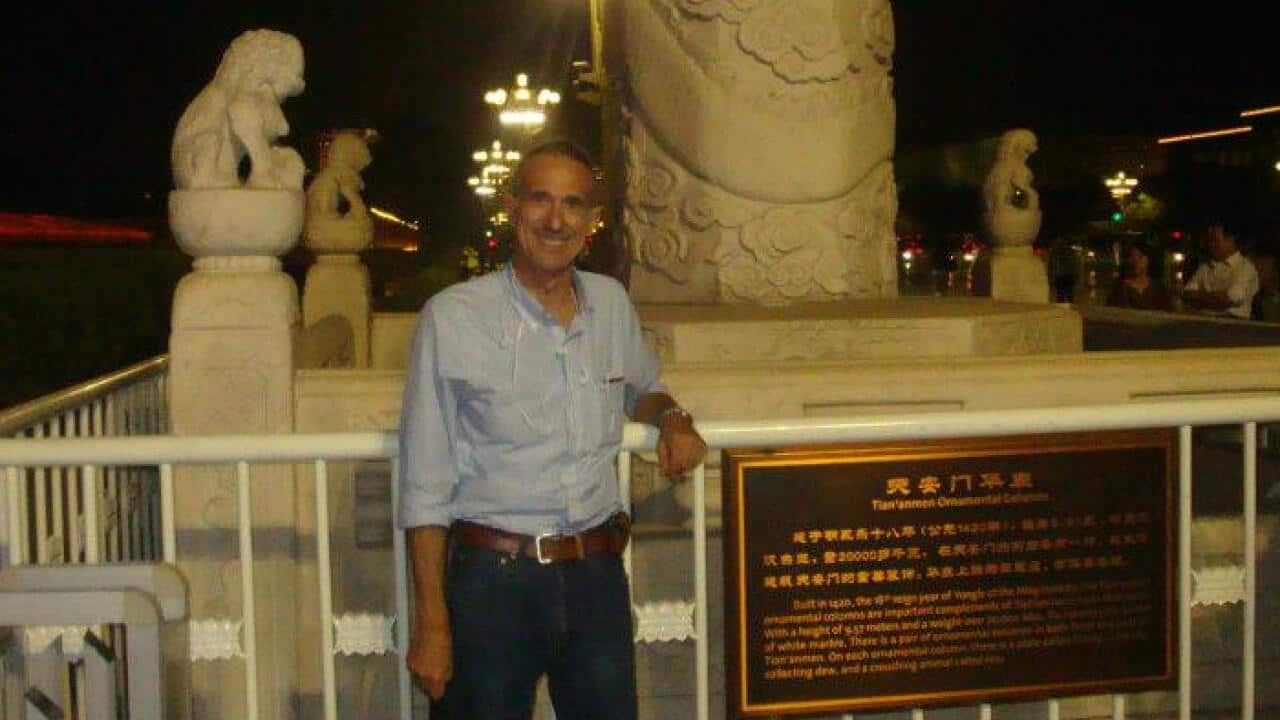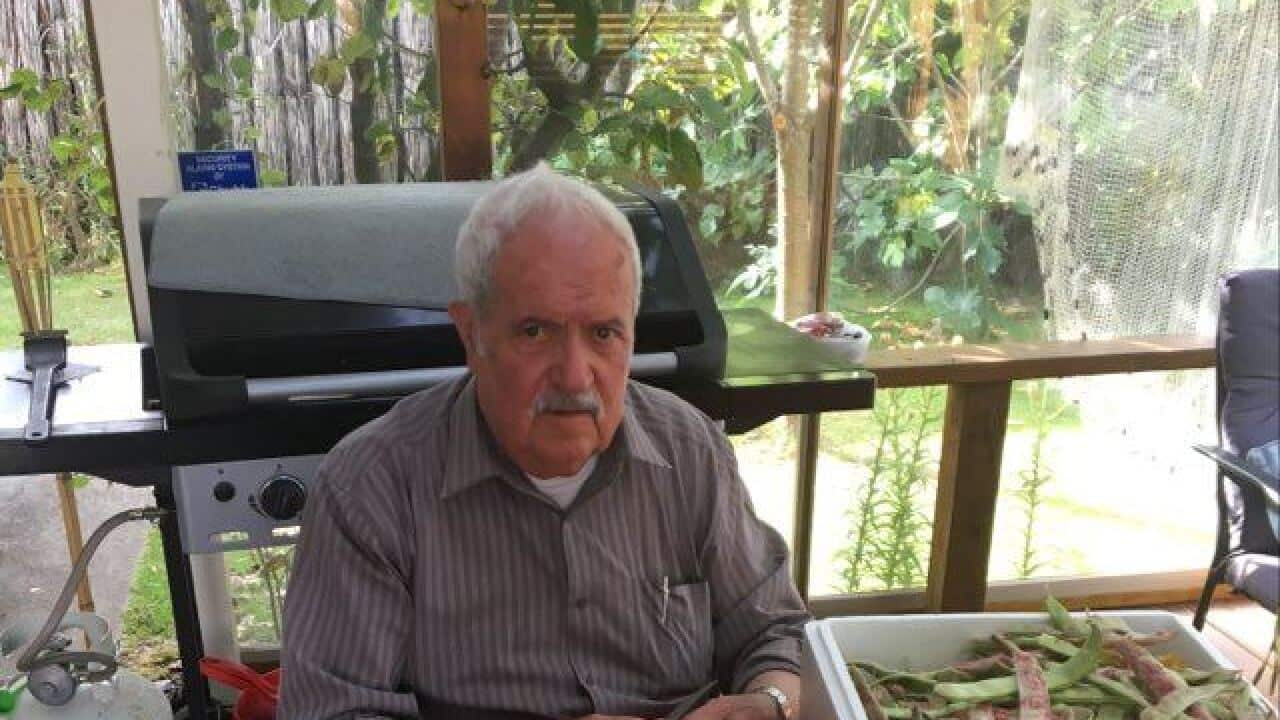One of the areas most affected by the pandemic is tourism. According to Marianna Sigala, a professor of tourism at the University of South Australia, unfortunately or fortunately, even if the vaccine is found, the whole situation will leave a mark on how the industry works and the way we travel.
Tourism will be very difficult to return in the coming months and even more difficult will it ever return to the levels of 2019.

Marianna Sigala Professor of Tourism - University of South Australia Source: Supplied
"The fear will not go away until the vaccine arrives. I don't see the vaccine coming at least in time or next year," she warned.
Fear of our own lives and social distancing, she believes, will leave a residue that translates into psychological distance. The longer this situation lasts and the longer we experience it, the more remnants it will leave. In addition, it has developed "nationalist" sentiments in different states and countries, professor Sigala said.
As for whether Australia keeps the borders closed for protection or to keep the currency in the country, Ms. Sigala believes that not only Australia, but also many countries that close their borders do so for both reasons. Mainly for protection, but also to keep tourism domestic. However, cases such as Greece, Italy, Spain and Turkey are different, she says. "The largest percentage of tourism is coming in, so if they don't open up the economy and say 'we opened and we're waiting for you, we're ready and we're destination covid free, there's no hope," said the tourism professor at the University of South Australia.
However, cases such as Greece, Italy, Spain and Turkey are different, she says. "The largest percentage of tourism is coming in, so if they don't open up the economy and say 'we opened and we're waiting for you, we're ready and we're destination covid free, there's no hope," said the tourism professor at the University of South Australia.

Source: AAP/Aris Messinis
Ms. Sigala then suggests solutions for how tourism businesses can adapt to the new pandemic data. Small changes that can keep a tourism business alive.
Listen to the full interview with Marianna Sigala, professor of tourism at the University of South Australia, by clicking play on the podcast that accompanies the top photo.








